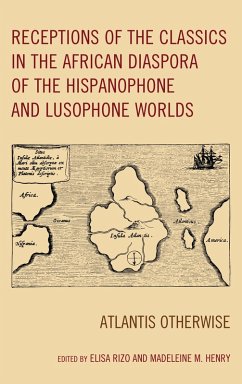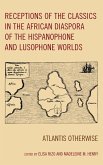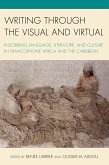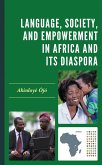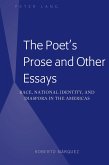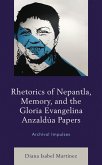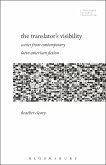Atlantis Otherwise expands the study of the African diaspora by focusing on postcolonial literary expressions from Latin America and Africa. The book studies the presence of classical references in texts written by writers (black and non-black) who are committed to the articulation of the fragmented history of the African experience from the Middle Passage to the present outside of Euro-centric views. Consequently, this book addresses the silencing of the African Diaspora within the official discourses of Latin America and Hispanic Africa, as well as the limitations that linguistic and geographic boundaries have imposed upon scholarship.
The contributors address questions related to the categories of race and cultural identity by analyzing a diverse body of Afro-Latin American and Afro-Hispanic receptions of classical literature and its imaginaries. Literary texts in Spanish and Portuguese written in countries such as Brazil, Colombia, and Equatorial Guinea provide the opportunity for a transnational and trans-linguistic examination of the use of classical tropes and themes in twentieth-century drama, fiction, folklore studies, and narrative.
The contributors address questions related to the categories of race and cultural identity by analyzing a diverse body of Afro-Latin American and Afro-Hispanic receptions of classical literature and its imaginaries. Literary texts in Spanish and Portuguese written in countries such as Brazil, Colombia, and Equatorial Guinea provide the opportunity for a transnational and trans-linguistic examination of the use of classical tropes and themes in twentieth-century drama, fiction, folklore studies, and narrative.

